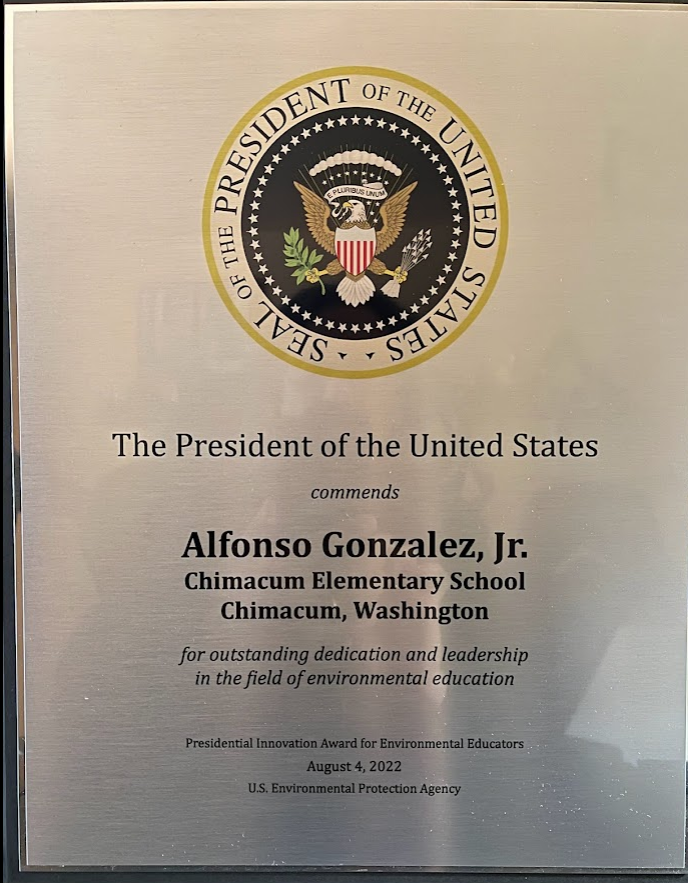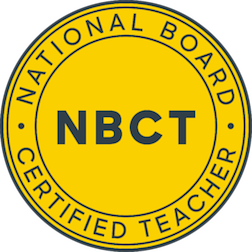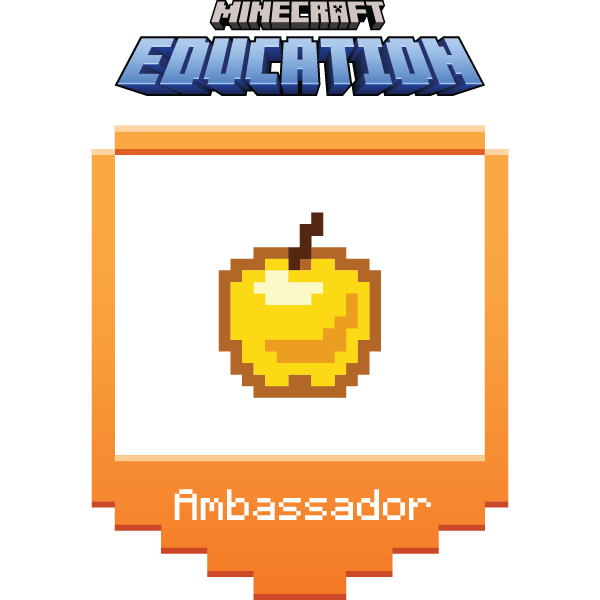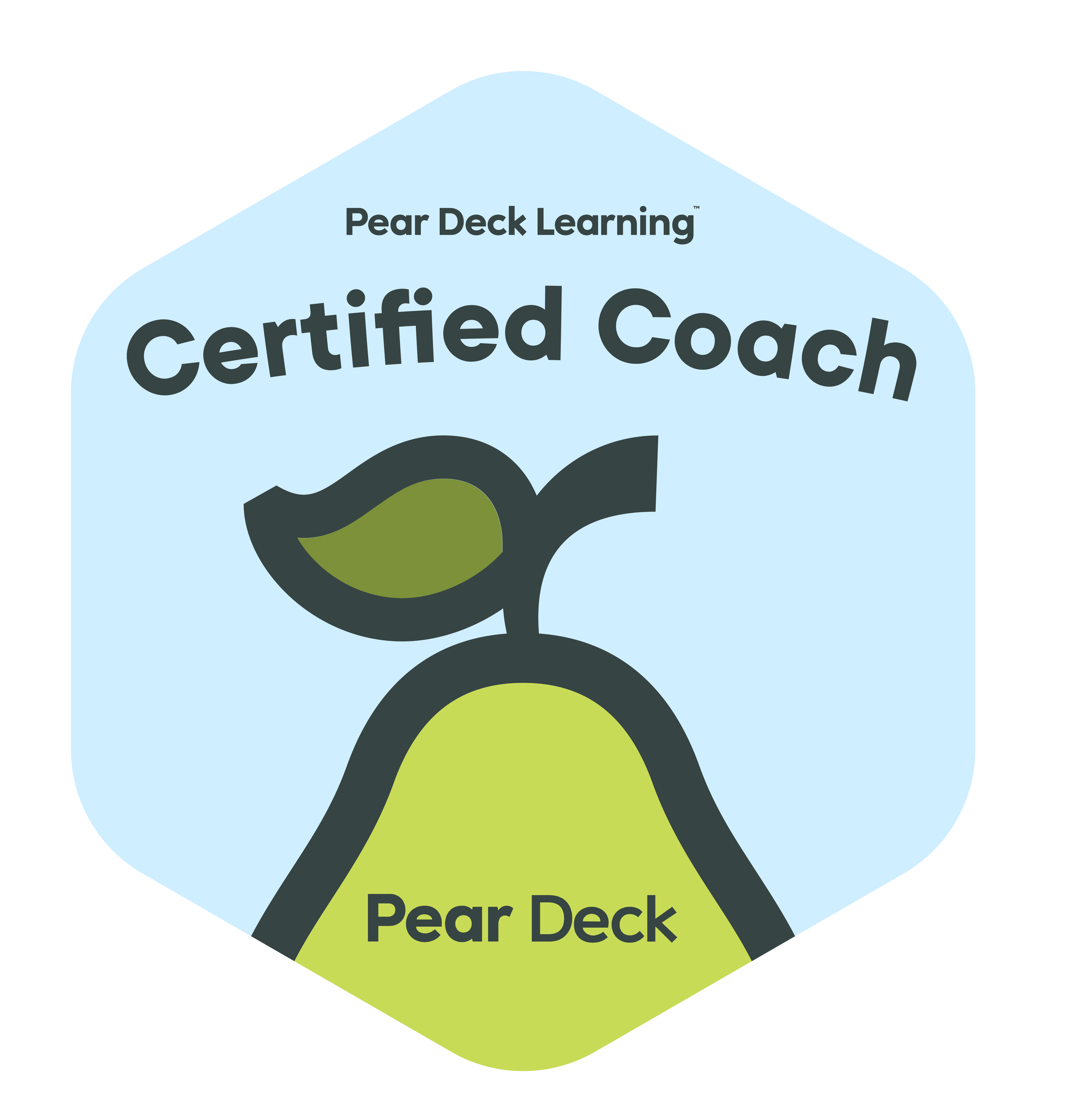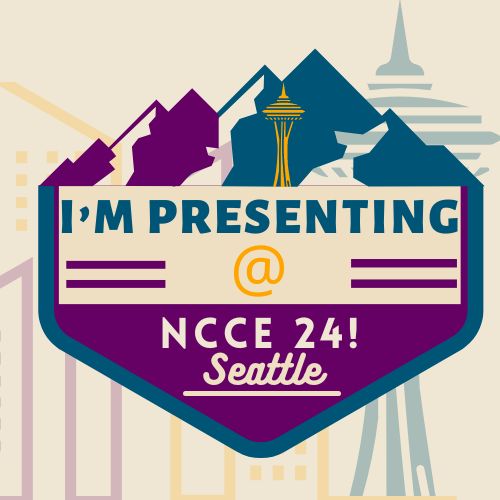 If you subscribe to Dan Pink’s email updates, his From the Desk on Daniel Pink, then you came across this Jeff Bezos memo that Dan shared on May 15. (Jeff Bezos is the founder, chairman, and CEO of Amazon in case you didn’t know.)
If you subscribe to Dan Pink’s email updates, his From the Desk on Daniel Pink, then you came across this Jeff Bezos memo that Dan shared on May 15. (Jeff Bezos is the founder, chairman, and CEO of Amazon in case you didn’t know.)
I agreed with Dan that Jeff’s memo was totally worth reading. His topic of why high standards are important and how they are teachable and contagious have ideas for those of us in education, specifically, those of us working directly with students, both educators, and administrators.
What I like about Jeff’s memo right off the bat is that the way he describes having high standards does not limit standards to the Common Core, Next Generation, or Standardized Testing. It refers to having people in your institution knowing what they have to do to be excellent.
I keep reminding myself that in education, especially for me as a classroom teacher, we have customers. Our customers are our students and their parents. Like companies who market to kids to get them to encourage their parents into buying their product, we too are dealing with students directly and with parents mostly indirectly through the education we provide their children. We are hopefully not targetting kids negatively like advertisers but I know that if my students are happy with my class, chances are their parents will find out. So if we read Jeff’s memo thinking of our schools as serving the needs of our students and their parents, we can make stronger connections.
Jeff wrote that,
“One thing I love about customers is that they are divinely discontent. Their expectations are never static – they go up. It’s human nature.”
By that logic the better we get at meeting the needs of our students and communicating that we are doing so to parents, the more our students and parents will expect of us. For example, if one classroom uses Project-Based Learning (PBL) successfully and students are happy learning that way, students and parents might come to expect that level and satisfaction and engagement in all classes. Makes sense to me. Jeff then went on to explain that one way to stay ahead of customer’s rising expectations is to have high standards,
“widely deployed and at all levels of detail.“
Jeff then goes to explain why he believes that high standards are more teachable than intrinsic. Jeff wrote that,
“people are pretty good at learning high standards simply through exposure. High standards are contagious. Bring a new person onto a high standards team, and they’ll quickly adapt.”
Jeff found out through his work at Amazon that high standards are domain-specific and NOT universal, meaning that if we have high standards in say writing that doesn’t mean that we will have high standards in school climate or another subject. Jeff found out that he had to learn high standards in all the aspects of Amazon and not just the ones that he was most familiar with. Here’s an important lesson for us as Jeff puts it,
“Understanding this point is important because it keeps you humble. You can consider yourself a person of high standards in general and still have debilitating blind spots. There can be whole arenas of endeavor where you may not even know that your standards are low or non-existent, and certainly not world class. It’s critical to be open to that likelihood.”
Next, Jeff goes on to describe what you need to achieve high standards in a domain. He wrote about what he called recognition and scope,
“First, you have to be able to recognize what good looks like in that domain. Second, you must have realistic expectations for how hard it should be (how much work it will take) to achieve that result – the scope.”
Jeff gives too examples about recognizing what good looks like in a particular domain and especially the scope part. In a nutshell, what Jeff attributes to falling short of reaching a high standard isn’t so much in not recognizing high quality, but in not taking the time to make the product high quality.
At Amazon, Jeff stated that they do not prepare PowerPoint presentations for their staff meetings but instead write six-page narrative memos. Jeff has noticed that even though it is difficult to detail the requirements of a high-quality six-page memo, most people who read, and therefore write, memos can tell an excellent memo from an average or weak memo. So if writers and readers can tell an excellent memo from a weak memo Jeff attributes the writing of weak or average memos to what he called a wrong expectation on scope.
“Often, when a memo isn’t great, it’s not the writer’s inability to recognize the high standard, but instead a wrong expectation on scope: they mistakenly believe a high-standards, six-page memo can be written in one or two days or even a few hours, when really it might take a week or more! ”
How often do we see our students turning in average or weak work when they could, in fact, do much better? Ah, but what about skill, you might ask? Yes, Jeff went on to write about skill. Here is where Jeff thinks a bit outside the box. While in education, we have to help ever student increase their skills and improve in all areas, at Amazon there are teams of people working on projects. Here’s what Jeff wrote about skill,
“Surely to write a world class memo, you have to be an extremely skilled writer? Is it another required element? In my view, not so much, at least not for the individual in the context of teams. The football coach doesn’t need to be able to throw, and a film director doesn’t need to be able to act. But they both do need to recognize high standards for those things and teach realistic expectations on scope. Even in the example of writing a six-pagememo, that’s teamwork. Someone on the team needs to have the skill, but it doesn’t have to be you. (As a side note, by tradition at Amazon, authors’ names never appear on the memos – the memo is from the whole team.)”
Sometimes, as in projects or in classes that are not focused on teaching certain skills, we can make use of teams where different students are responsible for different aspects of the project. In those instances, students can do a part of a project that plays to her specific skills, for example, the Math part instead of the Artistic part. In the end, there are standards that we have to help all our students get better at. Even then I do not expect that ALL my students will master ALL my standards at the SAME time in the SAME ways. That makes our job way more complicated because we and our students are being judged on their ability to show mastery of all the standards someone removed from the classroom said all kids of a certain age have to meet. Okay, that’s enough of my ranting.
Here are the reasons Jeff gave for having high standards:
“Naturally and most obviously, you’re going to build better products and services for customers – this would be reason enough! Perhaps a little less obvious: people are drawn to high standards – they help with recruiting and retention. More subtle: a culture of high standards is protective of all the “invisible” but crucial work that goes on in every company. I’m talking about the work that no one sees. The work that gets done when no one is watching. In a high standards culture, doing that work well is its own reward – it’s part of what it means to be a professional.
And finally, high standards are fun! Once you’ve tasted high standards, there’s no going back.”
It reminds me of the need to communicate with parents of all the wonderful things we are, hopefully, doing to educate their children. And the need to communicate with our community. At my school, we have low standardized test scores and I for one am tired of the community judging our kids and me based on those low scores. As if those scores paint a complete picture of all the things my students are learning and doing. I certainly do not want to limit the great things I am doing with my students to raise those test scores so I want the community to see what standards we do have and what standards we are focused on. That was one of my takeaways from reading Jeff’s memo. That and the fact that we need to make we have high standards all across the board and that all of us, admin, classified, certificated, students, parents, community, school board know what our standards are at our district.


